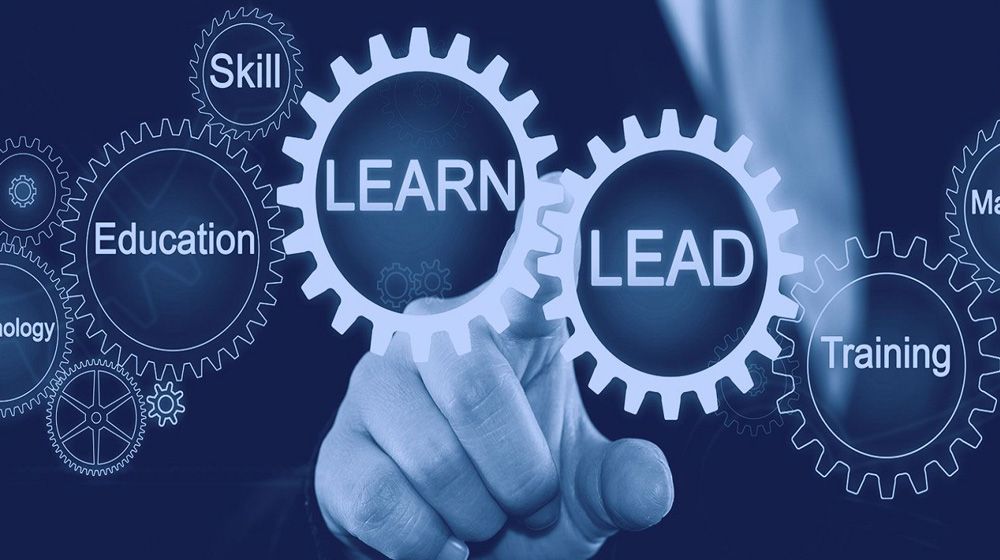In today’s fast-paced and ever-changing world, continuous learning is essential. Educational workshops and seminars serve as valuable tools for students, educators, and professionals to enhance their knowledge, develop new skills, and stay updated with current trends. These interactive platforms encourage collaborative learning, critical thinking, and personal growth.
1. What Are Educational Workshops and Seminars?
Workshops and seminars are structured learning events where participants gather to explore a specific topic or set of skills. While seminars are often lecture-based with expert speakers, workshops focus on hands-on activities and interactive sessions that promote active learning.
2. Benefits of Educational Workshops and Seminars
Skill Enhancement: Participants gain practical skills that can be directly applied in academics or the workplace.
Exposure to New Ideas: These events introduce new perspectives, innovations, and methodologies.
Networking Opportunities: Attendees interact with peers, mentors, and industry experts, building valuable professional relationships.
Boost in Confidence: Active participation and learning increase self-esteem and encourage individuals to express their ideas.
3. For Students: A Gateway to Growth
Workshops and seminars help students discover interests, clarify career goals, and build essential life skills such as communication, leadership, and problem-solving. From science fairs to career counseling seminars, these events expand learning beyond textbooks.
4. For Teachers and Educators: Professional Development
Educators benefit from seminars on the latest teaching techniques, curriculum updates, and education policies. Continuous development ensures that teachers remain effective and adaptable in dynamic classroom environments.
5. Topics Commonly Covered
Life skills and soft skills training
Career planning and entrepreneurship
Digital literacy and emerging technologies
Mental health and emotional well-being
Environmental awareness and social responsibility
6. Role of NGOs and Educational Institutions
NGOs and schools often collaborate to organize free or low-cost workshops and seminars, especially in underserved areas. These initiatives help bridge educational gaps, empower communities, and promote lifelong learning.
Conclusion
Educational workshops and seminars are vital in shaping well-informed, skilled, and confident individuals. By investing in such learning opportunities, we not only enhance academic and professional competence but also inspire a culture of curiosity, growth, and continuous improvement. Let’s encourage more participation and make quality learning accessible to all.
